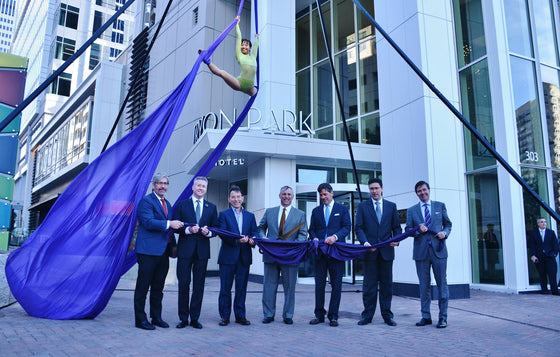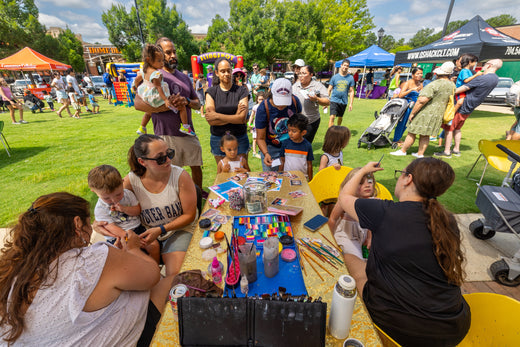
Discover new ways to make your event trendy and exciting for your audience! First, ask the event team what is happening in the event industry? Then determine how you can incorporate these trends into upcoming events. One major trend is sustainability, which is not going anywhere soon because everyone is concerned about climate change. Another popular trend is augmented reality or virtual reality - it’s more affordable and accessible than ever!
But understanding your audience, goals, and action plan is just as important as researching event trends. Build audience profiles and S.M.A.R.T goals for your event. Is the event purpose for more people to know about your brand? Are you supporting a cause or movement? How much money do you want to raise? Is this an event for employees to build company morale? Also, how much money do you have for marketing? Do you have an advertising budget? When should you send out the press release? Think through your social media, website, advertising, print, and public relations strategy.

The best strategy for event marketing is word-of-mouth. Talk about the event with friends, family, coworkers - anyone you know! If someone responds positively to you mentioning the event, ask them to share it with their network! If you don’t want to be pushy, focus on promoting the event when the opportunity arises.
Word-of-mouth is generated in person, on the phone, through text, or by direct social media messaging. Start by going through Instagram and LinkedIn networking and DM’ing the event details to your event. Then, give a call to people you know in the local area and follow up with text reminders. Send personalized emails to your closer contacts, and schedule coffee/cocktail meet-ups to chat about the event with your closest connections. Finally, invite your friends and family. On the event day, invite everyone you speak with that day!
Creating and sharing effective content works wonders for event promotions! Share email newsletters, reels, videos, photos, and any press or media! If you have a corporate event, include a digital component and share recordings/presentations of the content.
The most helpful content marketing happens after the event. Create quality content during the planning and production stages so you can repurpose it for post-event promotions.
Don’t neglect the power of internal communications! Encourage staff members to share public company events with close connections and networks. Promote any special occasions, benefits, access, and swag they receive as employees! Keep them updated on the event’s progress and ask for their feedback on their experience at the conclusion.
Comments will be approved before showing up.

Join us for an extra special blood drive on February 14 in honor of J. Leigh Events' owner Jennifer's son Henry.

Our corporate clients definitely know how to party! We can help plan a number of corporate events, from ribbon cuttings to employee appreciation days and beyond.

Over the year's we've made a name for ourselves as one of Charlotte's best shopping center event planners. With our experience, your shopping center event will be a hit.
